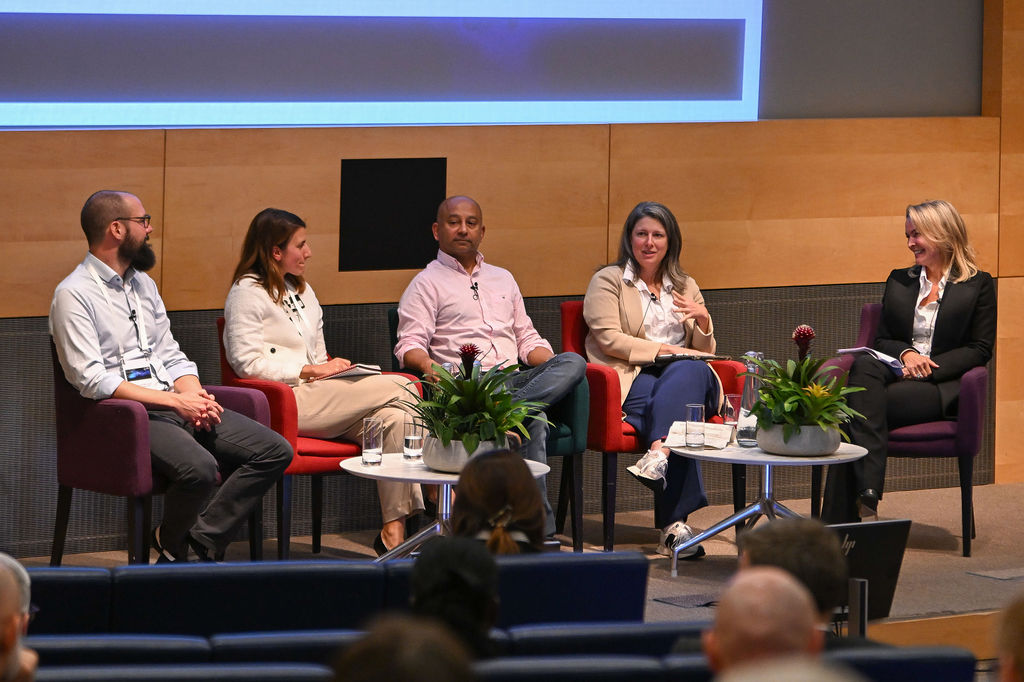Navigating the Global Regulatory Landscape for Digital Assets
The Future of Digital Finance 2024
As part of our recent Future of Digital Finance event jointly hosted with GBBC, our opening panel looked at the evolving global regulatory landscape for digital assets.
Speakers:
- Mark Aruliah, Head of EMEA Policy and Regulatory Affairs, Elliptic
- Jennifer Lassiter, Executive Director, The Digital Dollar Project
- Paul Mortby, Head of EMEA Policy, Block
- Marian Scheele, Senior Counsel, Clifford Chance (Moderator)
- Marianne Webber, Head Digital Asset Market and Regulatory Strategy, Standard Chartered Bank
Navigating the Global Regulatory Landscape for Digital Assets
Our key takeaways:
- A key theme was the significant regional differences in approaches to the regulation of digital assets, with jurisdictions at varying stages of regulatory development. This patchwork of regulations creates challenges for global financial institutions, which must navigate diverse regulatory environments.
- The panellists emphasized that clear and consistent regulatory frameworks are crucial for fostering innovation and ensuring market confidence. They noted that jurisdictions with well-defined regulations, such as the EU with its Markets in Crypto-Assets Regulation (MiCA), are attracting more interest from digital assets firms compared to countries with fragmented or unclear regulations having challenges attracting and retaining businesses.
- The discussion also touched on the role of regulatory sandboxes and other public-private collaborative tools for fostering innovation. The panellists highlighted the benefits of sandboxes in allowing firms to test new technologies and business models within a controlled environment but also noted some limitations, such as high costs for participants and the lack of clear pathways to market in some cases. The need for continuous dialogue between regulators and industry stakeholders was emphasized.
- Interoperability and cross-border collaboration were also key themes. The panellists stressed the importance of creating harmonized regulatory frameworks that facilitate cross-border transactions and reduce the risk of regulatory arbitrage. They highlighted initiatives such as Project Agora, which aims to explore the interoperability between wholesale central bank digital currencies (CBDCs) and tokenized deposits, as examples of efforts to improve cross-border payments and settlement.
- Finally, the panellists discussed the future of digital asset regulation and the need for ongoing adaptation. They predicted that regulatory frameworks will continue to evolve, with a focus on balancing innovation with robust consumer protection and market integrity. The importance of sustainability and financial inclusion were also highlighted as key considerations for future regulatory developments.
See more from our Future of Digital Finance event.


